Morgan Stanley has proposed that Tesla could become a major force in drone manufacturing, potentially addressing a critical gap in the U.S. industry. While Tesla has not confirmed any plans to enter the sector, the investment bank reportedly believes the company’s expertise could transform the electric vertical takeoff and landing (EVTOL) market, especially amid growing national security concerns over domestic drone production.
In a note released on June 4, 2025, Morgan Stanley analysts suggested that Tesla is ideally positioned to enter the $9 trillion eVTOL market by 2050, focusing on the “low altitude economy.” This analysis follows a Ukrainian drone offensive on Russian air bases, which the bank called “a wake-up call for the strategic role of unmanned systems in the AI era.”
The analysts underscored the urgency, stating, “All future wars will be fought with drones,” and highlighted a significant challenge: “China makes more drones in a day than the United States makes in a year.”
Morgan Stanley sees Tesla as a potential solution to bolster U.S. drone production, reducing reliance on foreign manufacturers like China’s DJI, which faces potential exclusion from the U.S. market.

Morgan Stanley points to Tesla’s existing capabilities as a foundation for success in drone manufacturing. The bank noted that Tesla has “a host of relevant skills to be a factor in the Low Altitude Economy from both a commercial and (potentially) non-commercial perspective,” citing its expertise in battery storage, navigation, autonomy, robotics, and large-scale production.
For example, Tesla’s lithium-ion battery technology could enable drones with flight ranges of up to 20 miles, ideal for applications like agricultural mapping or military reconnaissance. Additionally, Tesla’s advancements in autonomous systems—seen in its Full Self-Driving (FSD) technology—could translate into drones with AI-driven navigation, capable of covering areas like 5 square miles in a single flight for search-and-rescue missions.
The U.S. drone sector currently lacks a strong domestic manufacturer, a concern raised in an open letter to Elon Musk from DroneXL’s Haye Kesteloo on May 31, 2025.
Kesteloo wrote, “Currently, no US drone maker, including Skydio and Brinc Drones, would be able to fill the void,” referring to the potential gap left by DJI’s possible exclusion.
Tesla’s hypothetical entry could address this vulnerability, enhancing national security through domestic production.
Elon Musk himself acknowledged the stakes during Tesla’s first-quarter earnings call in 2025, stating, “Any country that cannot manufacture its own drones is doomed to be the vassal state of any country that can. And we can’t—America cannot currently manufacture its own drones.”
However, Tesla has not disclosed any specific plans to pursue drone manufacturing.
Morgan Stanley estimates that if Tesla were to capture even a fraction of the eVTOL market, the impact on its valuation could be substantial, projecting “preliminary outcomes in the order of $100 per Tesla share on the low-end to approximately $1,000 per Tesla share (or more) on the high end.”
For drone professionals and recreational pilots, a Tesla-built drone could mean access to advanced, domestically produced unmanned systems with modular payloads for diverse uses, such as thermal imaging for disaster response or long-range surveillance. While the idea remains speculative, Morgan Stanley’s analysis has sparked discussions within the industry about Tesla’s potential to reshape the U.S. drone landscape.
As of now, Tesla’s focus remains on electric vehicles and autonomy, with no confirmed pivot to drones. Still, Morgan Stanley’s proposal highlights a strategic opportunity for Tesla to address a pressing national need, leaving the drone community hopeful for future developments.
Discover more from DroneXL.co
Subscribe to get the latest posts sent to your email.
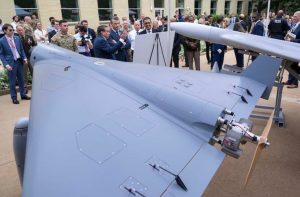
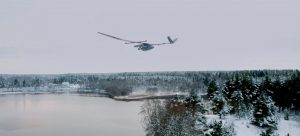
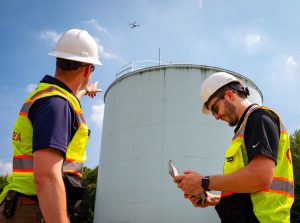
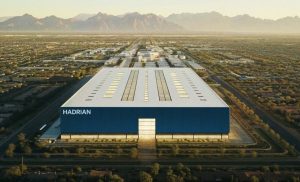
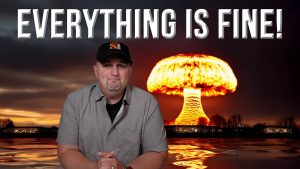

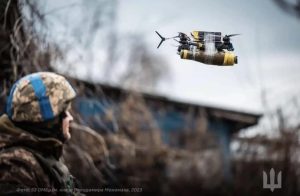


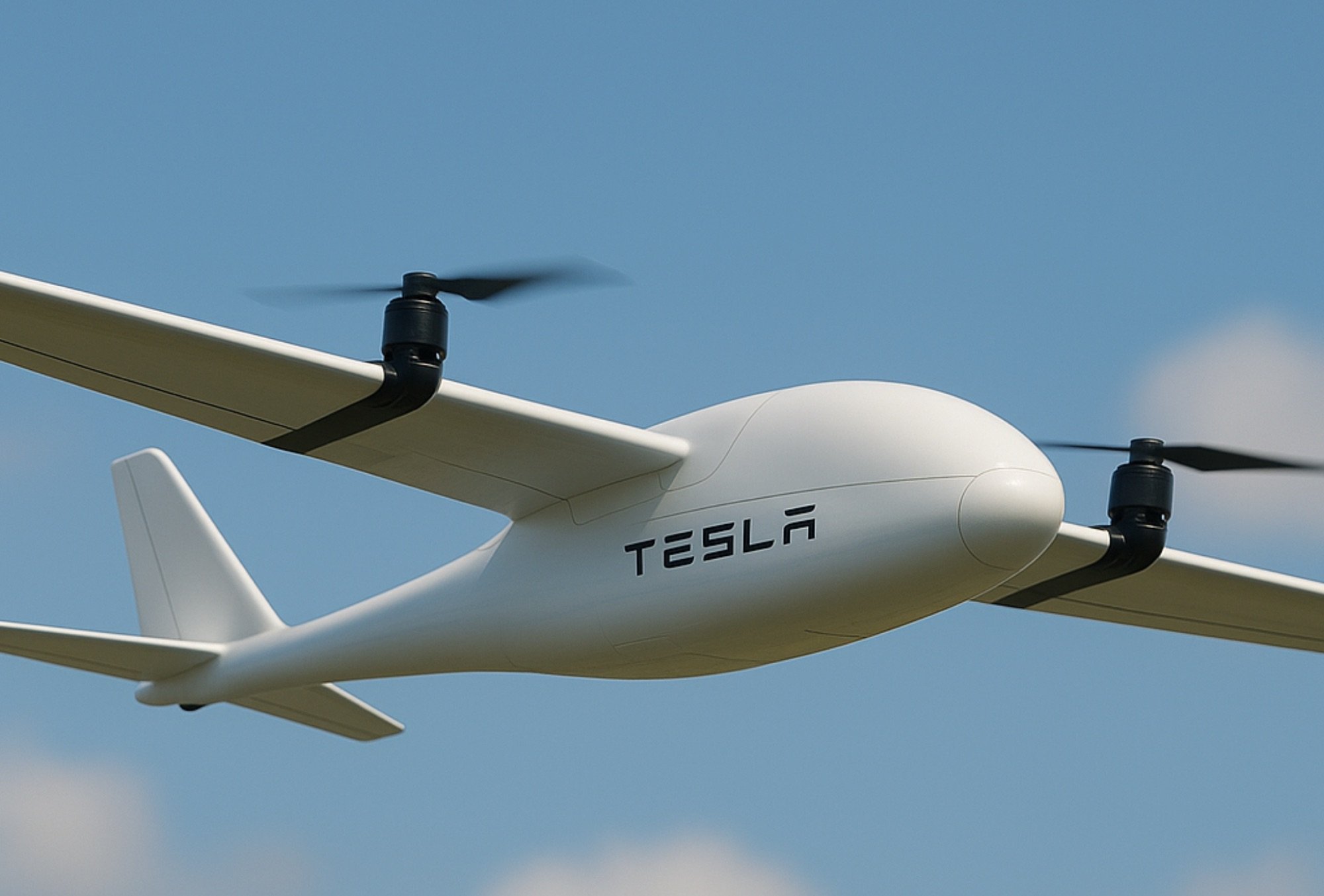
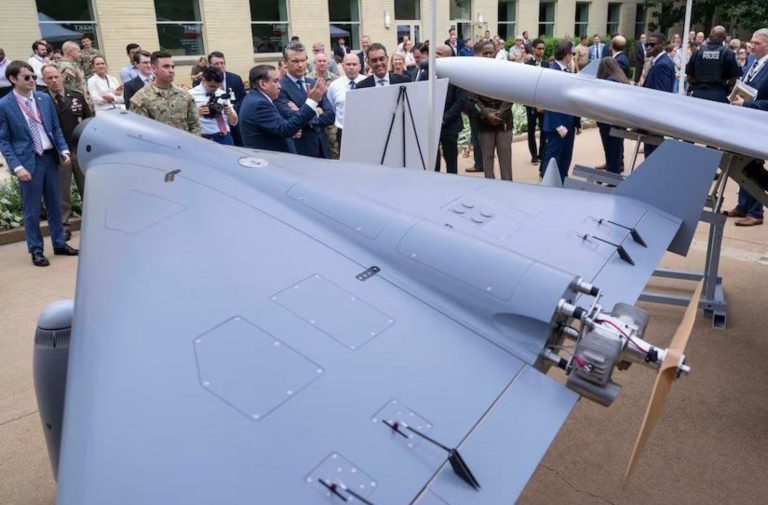
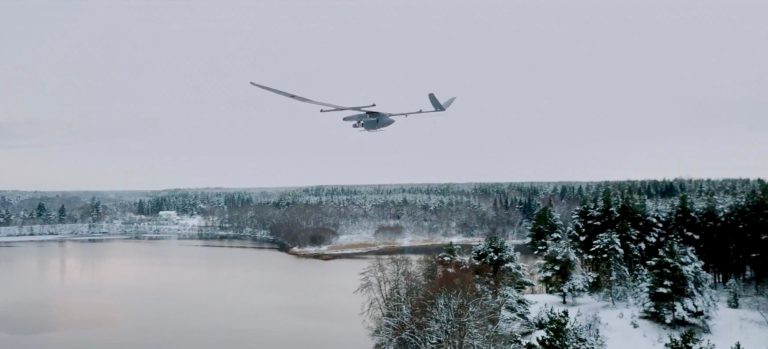
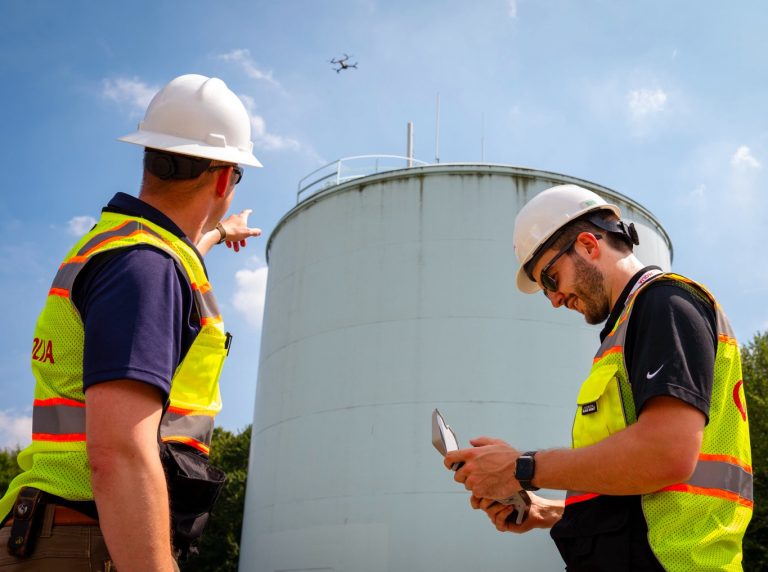
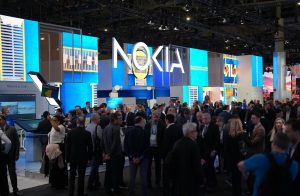
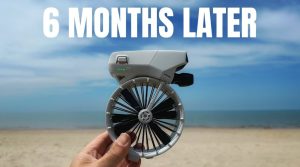
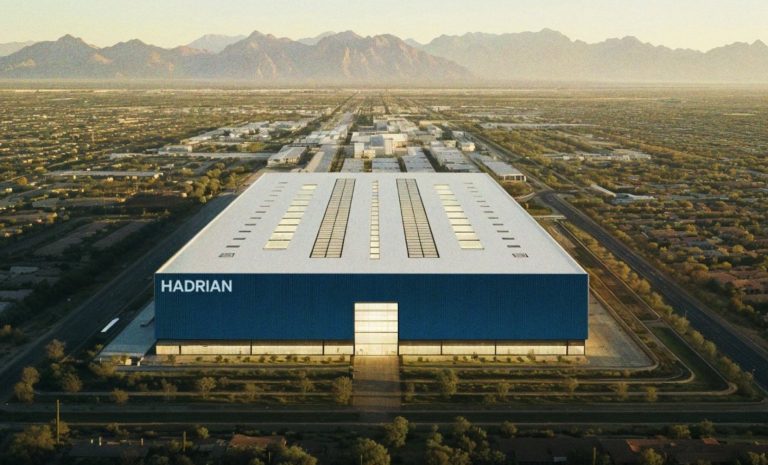

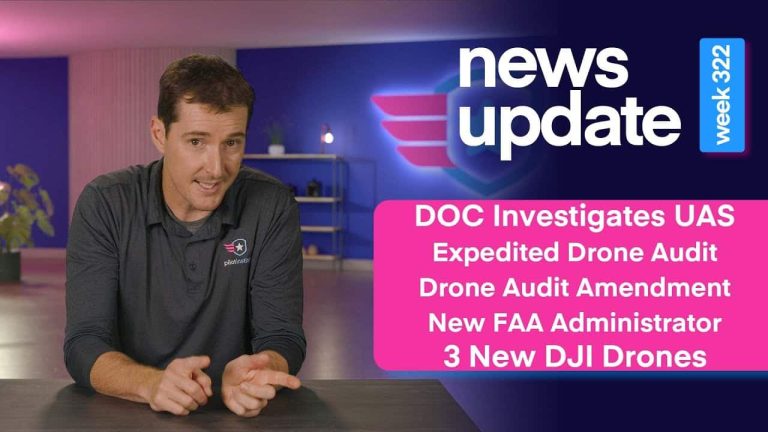
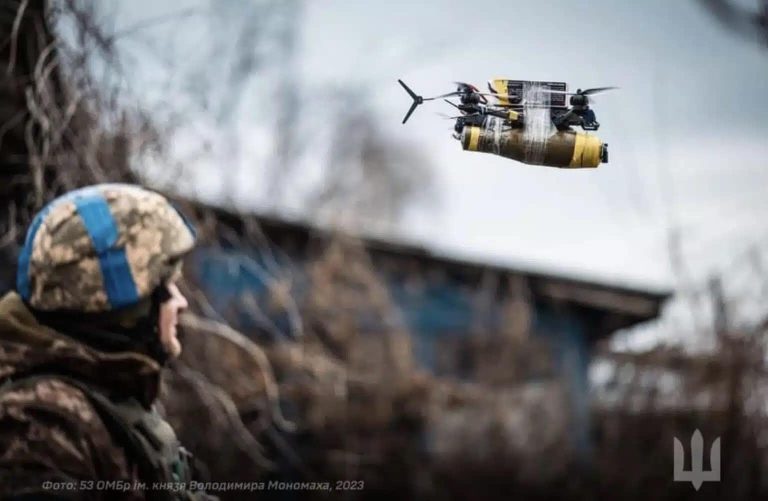

+ There are no comments
Add yours